Ray Collins, From doo-wop to Zappa, ‘Village Greeter’ had venerable musical past

An anonymous well-wisher had also left a handwritten poem. “Come a day, any day. Sit on this bench—Ray’s bench. Speak a while with him, then leave. You have not wasted your day, just lived it better.”
The assemblage was a memorial to Ray Collins, co-founder of The Mothers of Invention and a longtime collaborator of Frank Zappa. He died December 24, 2012 at Pomona Valley Hospital Medical Center, a week after suffering a heart attack. He was 75.
The bench served as Mr. Collins’ unofficial headquarters for well over a decade, a vantage from which he watched the comings and goings of the town he loved. He called himself The Village Greeter, an apt nickname for a man whose ubiquitous presence—distinguished by a long white beard and a gregarious if occasionally moody nature—made him a local celebrity, even among those unaware of his association with Zappa.
Fame was fleeting for the vocalist, who bitterly hung up his musical hat not long after Zappa disbanded The Mothers of Invention in 1969, only to resurrect the group, sans Mr. Collins, a year later. It returned in death, however, with tributes to Mr. Collins appearing in Rolling Stone and in major newspapers across the country and beyond.
Closer to home, many consider the Village a poorer place for Mr. Collins’ absence, among them musician John York. Having risen to prominence as bassist for the Byrds from 1968 to 1969, Mr. York once traveled in many of the same musical circles as Mr. Collins. Their paths didn’t cross until the mid-‘90s, however, when Mr. York moved to Claremont. Once acquainted, the 2 men spoke regularly.
“He was like a lantern,” Mr. York said. “You’d be in the Village going about your errands, chugging along, and suddenly you’d see him and things would just stop. You’d talk to him a minute and then you’d get back to your day, refreshed.”
Not a bum
Mr. Collins lived out of a camper in back of a friend’s house for 5 years after coming to Claremont. When the friend moved on 9 years ago, Mr. Collins moved into his van.
He had received a settlement from Zappa, the size of which reportedly made him none too happy. Occasionally, he received a royalty check, often amounting to well under a dollar. He also had a small income from social security, which provided him with a membership to a gym where he showered regularly.
“He always looked sharp. He was as clean-pressed as any GQ guy,” noted Ellen Chase-Verdries, manager of the Folk Music Center, where Mr. Collins occasionally popped in to chat.
Charles Wittlinger, a Village Grille regular who spoke to Mr. Collins daily for the past 4 years didn’t realize his friend was living out of his van.
“He was clean and he was well-kept and he was a very smooth talker. I actually thought he was a retired professor,” Mr. Wittlinger said.
“He didn’t want help from anyone. He’d say, ‘I don’t have my own house, but I’m not a bum,” added Wayne “The Flame,” a drummer for the Patrick Corrico band, who’s another Village Grille regular.
Mr. Collins’ conversations most often centered on current events, but he sometimes discussed past endeavors. He told Wayne about a post-Zappa stint as a cab driver and another living in Hawaii. When Mr. Wittlinger mentioned he had worked for the Metropolitan Water District, Mr. Collins said he’d worked there briefly as a land surveyor. The former musician was able to rattle off the names of several of Mr. Wittlinger’s MWD acquaintances.
Occasionally, he would let slip an anecdote from his glory days, like the time he met Jim Morrison. “The guy was a drunk,” Mr. Collins said.
Mr. Collins had a drink himself every once in a while, according to Scott Feemster, manager at Some Crust Bakery, at which time his tongue tended to be a bit sharper than usual. “He was never mean or anything. He was just having a bad day, just like anyone else.”
Most days, though, Mr. Collins stuck to coffee and to fresh fruit he bought at the 99-cent store. His days were punctuated by routine. He woke with the sun, then waited for Some Crust to open its doors so he could get a fresh-brewed cup of Joe. Mr. Feemster would ask the longtime “Crusty” how he was doing, always getting the same dry response: “I’m still breathing.”
“He loved that cup of coffee—thought we had the best coffee around,” Scott’s father, Some Crust owner Larry Feemster, said. “He was there first thing every single morning, pacing back and forth, waiting for the door to open. You could set your watch by him being here.”
Suspecting Mr. Collins was living out of his van, the younger Mr. Feemster would offer him bread or baked treats from time to time. He usually declined, because “he didn’t want to be a charity case.”
The Feemsters knew about his musical past. In fact, Larry had seen The Mothers of Invention, fronted by Mr. Collins, in the late ‘60s at local venues like the Broadside in Pomona. Mostly, though, he shrank from discussing his time with the now-legendary band.
Once, when Scott was working as a buyer for Amoeba records in Los Angeles, he encountered Mr. Collins in the jazz section. He asked Mr. Collins to wait a moment so he could get a Zappa-enthused coworker who would love to meet him. When he returned, Mr. Collins had wandered away.
“It wasn’t like he hated him but it seemed to me like Ray always, even after Frank Zappa died, had a bit of animosity towards him,” Mr. Feemster said.
One rainy day, though, Mr. Collins brought up the subject to Scott himself.
“He said, ‘This weather of reminds me of the time we went to London,’” he related. “I said, ‘Was that with the Mothers?’ and he said ‘Yeah. We were all California guys and when we got off the plane, it was so cold, we had to go buy jackets.’”
Another exception to Mr. Collins’ no-Zappa talk rule was when he reached out to Jocelyn Tuchon, 19, a local bellydancer and self-professed music geek. She was in 9th grade at the time, walking home from Claremont High School, when Mr. Collins noticed her Frank Zappa T-shirt. “I know that man,” he called out. She thought he was joking until he introduced himself as Ray Collins.
“I said, ‘From the Mothers of Invention?’ and he said, ‘You must be a big fan,’” Ms. Tuchon recalled.
From then on, whenever she was in the Village, Mr. Collins would smile and wave and they’d launch into a brief conversation about new music coming out.
“He was very charming, very charismatic, and I thought, ‘This is exactly what rock ‘n’ roll looks like when it survives,’” Ms. Tochon said. “He had a long white beard and rosy cheeks. He looked like the like the rock ‘n’ roll Santa Claus.”
A ‘noted’ musician
Being ousted from his own group may have soured Mr. Collins on being in a band, but he still had an avid interest in music, according to Scott Feemster.
“A few weeks before he passed, the song ‘I’m a Man’ was on the radio and he asked, ‘Is this the Bo Diddly version?’ I said, ‘No, I think it’s the Muddy Waters version,’” Scott said. “But then I came back in and said, ‘Do you know what, I think you’re right. He had a lot of knowledge, especially about old R&B.”
Mr. Collins’ acumen is unsurprising, considering he’d dedicated his life to singing long before he encountered Zappa. He was born in Pomona, sometime around 1937. The son of a policeman, he attended Pomona High School and sang in the choir but quit school to marry his girlfriend after she became pregnant. The couple divorced and their daughter, Julie, died in a plane accident in the early 1980s.
The young Mr. Collins was heavily influenced by doo-wop and by pachuco, a zoot suit-garbed Mexican-American dance music blending boogie-woogie, swing and blues with Latin and Afro-Carribean influences. He had developed a distinct falsetto singing style, which can clearly be heard in the back-up vocals for a track by the Chicano doo-wop group Little Julian Hererra and the Tigers called “I Remember Linda.”
In 1962, Mr. Collins caught a gig by Frank Zappa at The Sportsman in Pomona and reportedly joined the band onstage for a few songs. He later pitched an idea for a song, “How’s Your Bird?,” to Zappa. Zappa wrote the song and, soon after, invited Mr. Collins to join him in recording the single at Pal Studio. They began playing together as a faux-folk duo and their musical collaboration flourished.
In 1963, Mr. Collins and Zappa took a break from spoofery to co-write a song for the Penguins, called “Memories of El Monte.” Employing chords from “Earth Angel,” the song pays tribute the El Monte Legion Stadium, a popular musical venue: “I’m all alone/Feeling so blue/Thinking about you/And the love we once knew/And each time I do/It brings back those memories/Of El Monte…” Later that year, Mr. Collins and Zappa released a send-up of “Hey Paula” by Paul & Paula, “Hey Nelda,” under the name Ned & Nelda.
In 1966, when Mr. Collins fired the guitarist for his band, an outfit called The Soul Giants, he invited Zappa to replace him. The Giants eventually became The Mothers of Invention. Mr. Collins served as the lead singer for the band’s inaugural album, Freak Out! (1966), for their sophomore release, Absolutely Free (1967), and for the Mothers’ fourth record, a doo-wop-infused concept album called Cruising with Ruben and the Jets. While Mr. Collins lent his vocals to a few of Zappa’s recording projects when he was no longer in the Mothers, the musicians had begun to drift in decidedly different musical directions.
“Too much comedy, too much making fun of stuff,” Mr. Collins explained to David Allen of the Inland Valley Daily Bulletin, to whom he granted a rare interview in 2009. “I just wanted to make beautiful music. I was raised on Johnny Mathis and Nat King Cole.”
An interview with Mr. Collins, who Mr. Allen first met when the former musician was camped out on the property of a mutual acquaintance, is a coup that took the columnist years to finesse. Mr. Collins agreed to speak with the journalist and then, as was common, backed out. Mr. Allen didn’t press the issue.
Then, in 2009, in one of his columns, Mr. Allen referred to a YouTube video he’d come across. In the clip, Frank Zappa claimed Mr. Collins had struck original Soul Giants guitarist Roy Hunt before asking Zappa to come on board. After the column was published, Mr. Allen got a call from Mr. Collins, who respectfully denied punching his former bandmate’s “lights out.”
When Mr. Collins offered to get together the next day to clear things up, Mr. Allen recognized a rare opportunity. The resulting hour-long chat became the writer’s interview, whose rarity has lent it historic value. In an unexpected career highlight, excerpts from Mr. Allen’s 2009 piece have appeared in recent days in publications ranging from the LA Times to Rolling Stone to Variety.
Mr. Collins wasn’t just a good interview, Mr. Allen emphasized. He was a nice guy.
“He wasn’t a panhandler—he never asked for anything from anybody,” Mr. Allen said. “Children liked him. Babies liked him. Lots of people had friendly encounters with him. I certainly did.”
Mr. Collins didn’t make much music in the final decades of his life, and now he will no longer dispense the small talk for which he was known. His death, however, has spurred an outpouring of memories.
Mr. Collins’ friends at Some Crust are putting together a memorial display in their front window that should be up within a week. On Tuesday, January 8, KSPC (88.7 FM, www.kspc.org) DJ Tony Palkovic will be re-broadcasting a 2007 interview with Mr. Collins, set to air from noon to 2 p.m.
And countless people are brimming with stories of time spent communing with Mr. Collins.
“I think anybody who spent any amount of time in the Village would recognize him,” noted Scott Feemster. “He was an easygoing, gentle guy, who enjoyed hanging out, talking to people and seeing the sights. Claremont’s a good town for that.”
“I think he followed the sun from bench to bench,” added Ms. Chase-Verdries.
For Mr. Wittlinger, the first sight of the empty bench in front of the Village Grille was the hardest.
“It was horrible, that feeling. There’s a part of your life gone,” he said. “I’d either see him walking or sitting there and I’d have a conversation with him. It was nothing of importance, but he was a person I associated with and I liked him.”
A memorial will be held tomorrow, Sunday, January 6, at 2 p.m. at Shelton Park on the corner of Bonita and Harvard Avenues. The public is invited.
—Sarah Torribio
storribio@claremont-courier.com


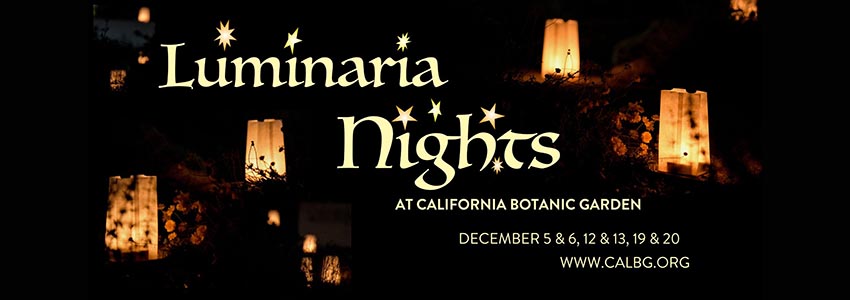
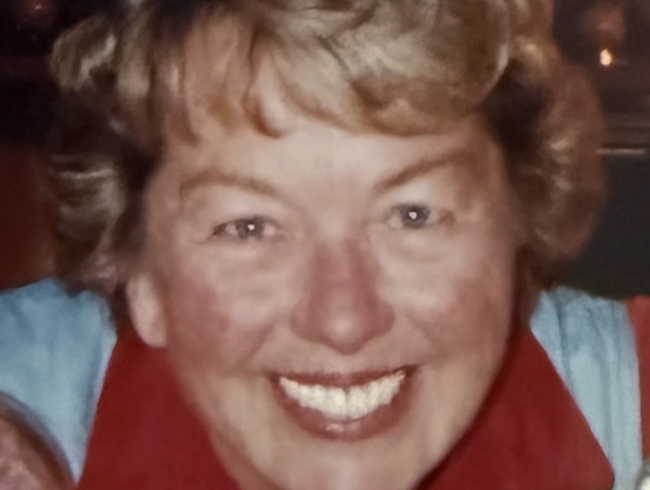
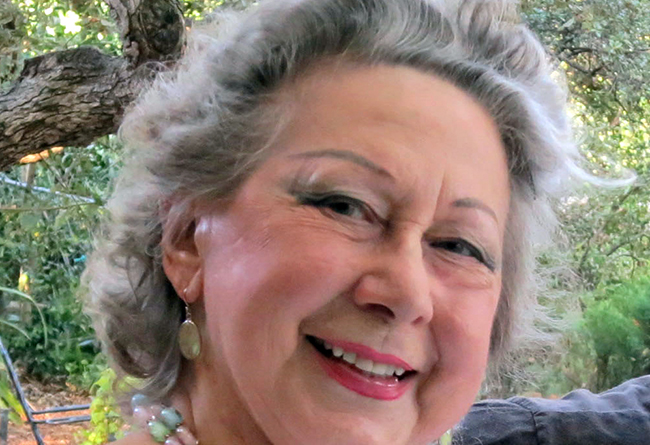
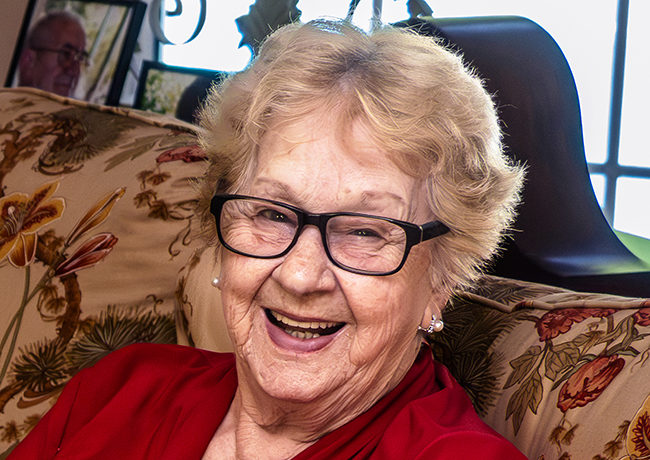
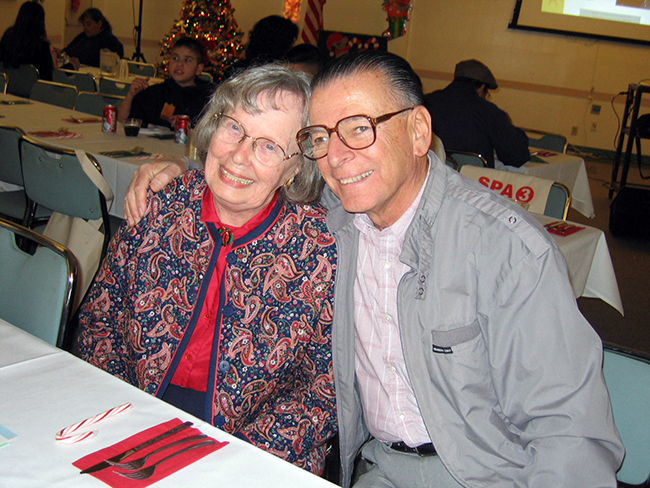
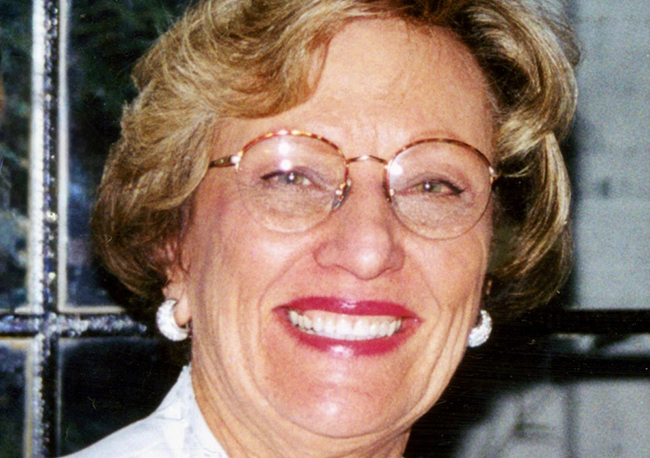
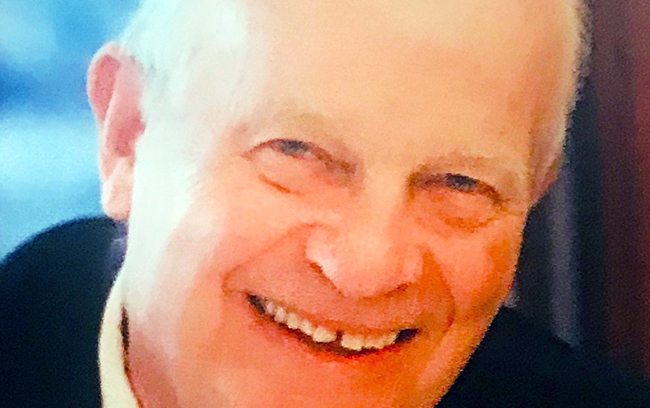

0 Comments